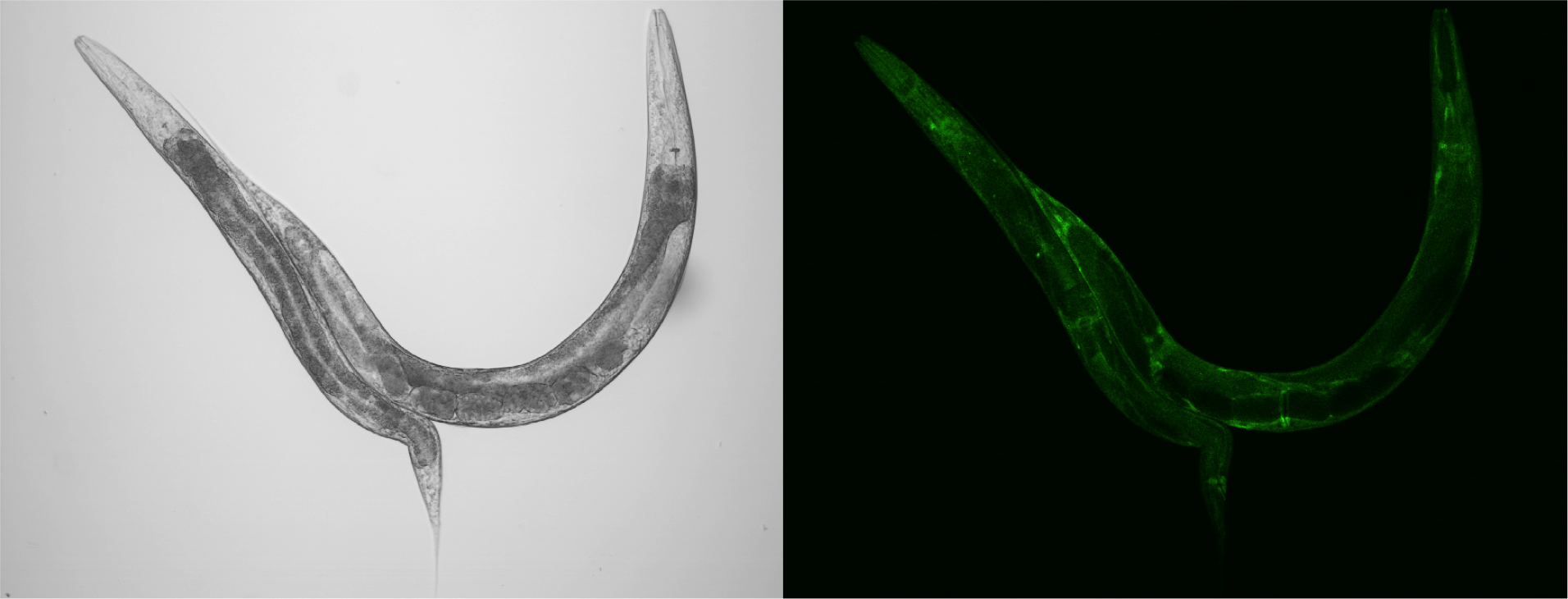One of the most fundamental challenges for all living organisms is to sense and respond to nutrient-derived signals in order to adapt their metabolism and physiology to promote survival and achieve balanced growth. Thus, import, transport, synthesis, and metabolism of a large variety of metabolites and macromolecules must be strictly coordinated to meet the nutritional requirements of cells and organisms.
Coordination of these cellular activities most often occurs on a very short time scale, concurrent with nutritional changes in the environment. Eukaryotic cells have developed numerous signaling pathways for sensing and responding to the availability of carbon sources, nitrogen sources, amino acids, or other nutrients.
We are interested in understanding the molecular mechanisms and networks that control, establish and maintain cellular energy and lipid metabolism to support growth and survival of cells and organisms in response to nutritional and genetic changes. By means of genetic-, omic-, and biochemical tools, we identify signaling mechanisms that mediate starvation responses and regulate energy- and lipid metabolism.

Relevant publications
Quantitative proteomics by amino acid labelling in C. elegans
Fredens, J., Engholm-Keller, K., Giessing, A., Pultz, D., Larsen, M. R., Højrup, P, Møller-Jensen, J. and Færgeman, N. J. (2011)
Nature Methods 8, 845-847
Global mapping of protein phosphorylation events identifies Ste20, Sch9 and the cell-cycle regulatory kinases Cdc28/Pho85 as mediators of fatty acid starvation responses in Saccharomyces cerevisiae
Pultz, D., Bennetzen, M., Rødkær, S. V., Zimmermann, C., Enserink, J. M., Andersen, J. S. and Færgeman, N. J. (2012)
Molecular Biosystems 8, 796-803
Quantitative proteomics identifies unanticipated regulators of nitrogen and glucose starvation
Rødkær, S. V., Pultz, D., Brusch, M., Bennetzen, M. V., Falkenby, L. G., Andersen, J. S., and Færgeman, N. J. (2014)
Mol. Biosystems 10, 2176-2188
Global proteomic- and transcriptomic analyses of starvation responses reveal a central role for lipoprotein metabolism in acute starvation survival in C. elegans
Harvald, E. B., Sprenger, R. R., Dall, K. B., Ejsing, C. S., Nielsen, R., Mandrup, S., Murillo, A. B., Larance, M., Gartner, A., Lamond, A. I. and Færgeman, N. J. (2017)
Cell Systems 5(1), 38-52
Metabolic regulation of lifespan from a C. elegans perspective
Dall KB and Færgeman NJ, Genes and Nutrition 2019 Aug, 14, 25
HLH-30-dependent rewiring of metabolism during starvation in C. elegans
Dall et al., Aging cell 2021, Mar 16